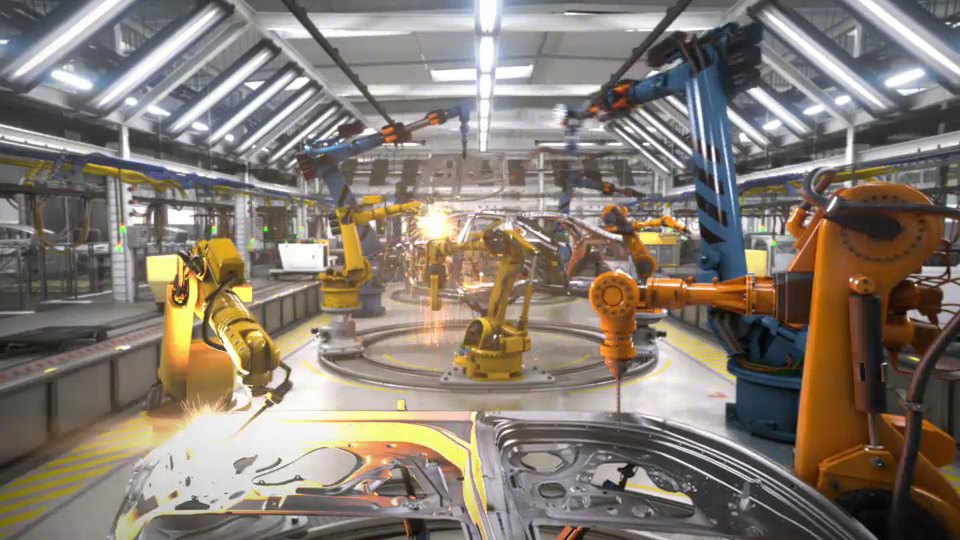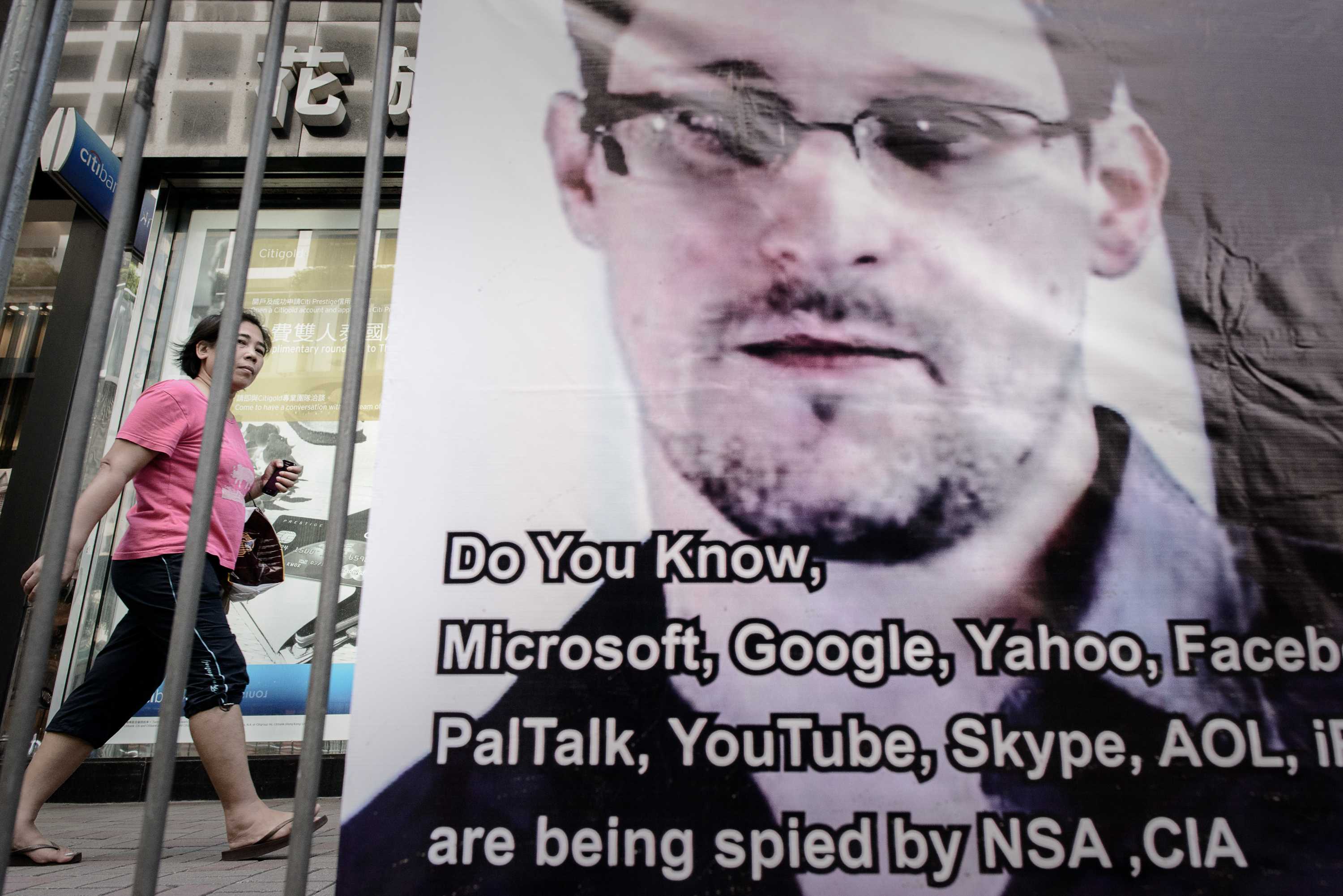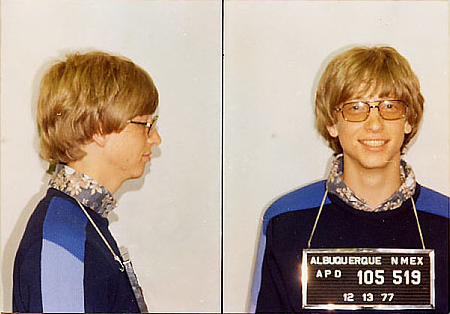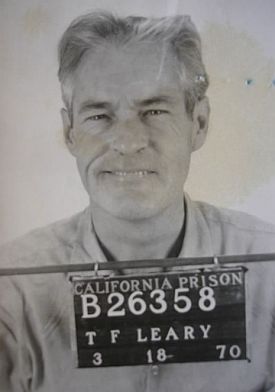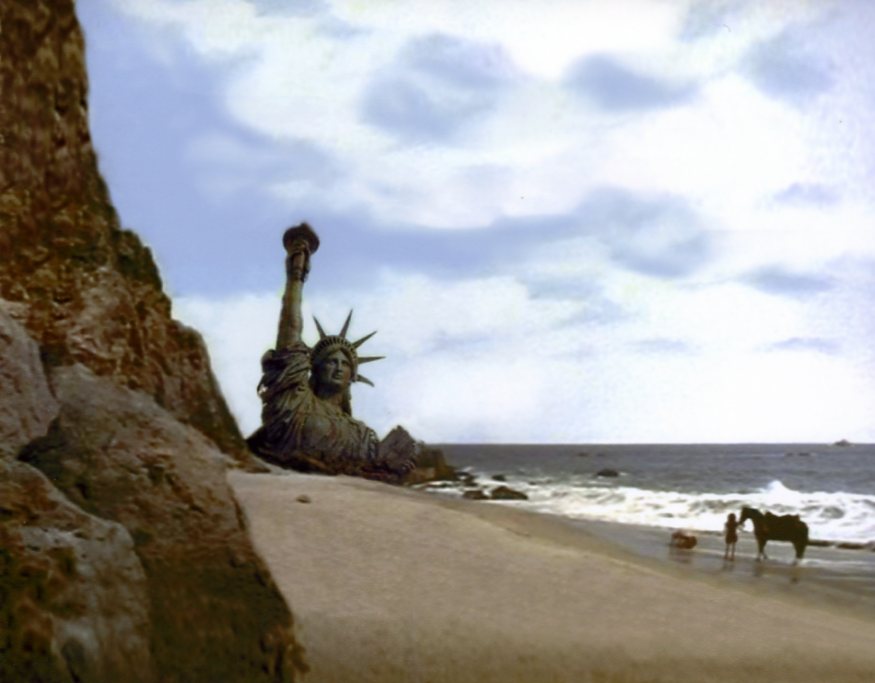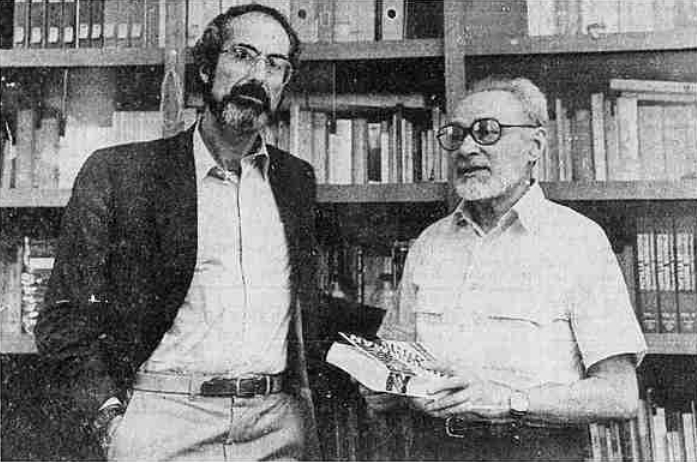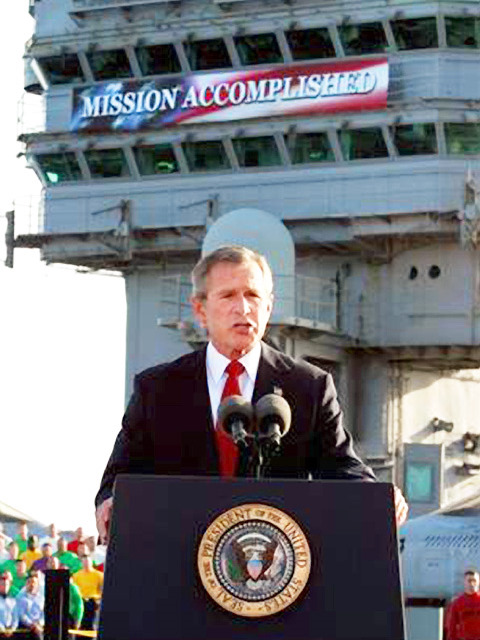In addition to a 1987 edition of Omni featuring Bill Gates and Dr. Timothy Leary opining on the future of technology in America, the publication also invited the economist Robert Heilbroner to speculate on the U.S. economy in 2007. He was spot-on about income inequality, the creative disruption of technology and the threats to American exceptionalism, though he whiffed on Japan’s place in today’s global marketplace. His forecast:
“There is an alarming possibility that our economy is moving in the direction of what some people call a two-tier society — a large population of people with middle-class or higher incomes and values, with a considerable bulge at the top. and a large number of people who have been economically and culturally uncoupled from the main society.
What’s most alarming is that the ladder that has connected the bottom to the top is now missing some important rungs. There were certain industries, like the steel and auto industries, that provided more or less continuous ladders of jobs from the bottom to the top. You could enter as an unskilled person, acquire new skills, and move up the ladder to secure, unionized, better-paying jobs. But now these industries have been seriously imperiled, and their place as employers has been replaced by what I call the McDonald’s employers. More people work for McDonald’s than work for U.S. Steel, but McDonald’s has no ladders. The problem is serious.
A great many economists, myself included, feel uneasy about the fact that 70 percent ol the economy does what is called service work and only 30 percent does what is called goods-related work. New technology keeps entering the economy and disrupting employment. When you look back at how the American economy developed, you see a migration off the farm into the factory and out of the factory into the office. The main push has come from technology. There has been relatively little new machinery to push people out of the office, but that’s changing now. If the computer creates jobs in the office, the service sector will increase and there will be no squeezing of employment. But if technology bumps service people out of work, I don’t know where they are going to go.
Personally. I think American optimism is in for a very severe challenge. We have always considered ourselves virtually to have a right to be number one in the world. But of course we don’t have any such right or assurance. And we have to resign ourselves to the unsettling fact that we are number two, or three, or four in many ways. In terms of health, for instance, we have fallen seriously behind, and that’s a big blow to our self-image.
In the next 20 years the government will have to take active steps in providing work and income tor the bottom one third of the population. The government grudgingly provides some sort of income, but it doesn’t provide work. And work is essential for people’s self-esteem and also for the building of many kinds of infrastructures that are needed in the country.
It is quite possible, it seems to me, that America will emerge from its present, wholly unaccustomed struggle for world position very worse off than it is today; that we will not find the right combination of talents and the right distribution of workforce in various occupations; that we will not develop the right technologies and will end up with a seriously disadvantaged economy. Not so long ago England was still regarded as one of Ihe most remarkable economies in the world, but it is now slightly less productive than Portugal. I think it is quite possible that the day of unquestioned American preeminence may be finished.
We could suddenly find that the way Americans live, their chances for life expectancy, their amenities of life are not as. good as, let’s just say, the Germans’ or the Swedes’. We might fail to produce the necessary output to bring our living standards and quality of life up to an acceptable level.
In the old days we tended to think about political possibilities in terms of left and right. Since Iran we’ve realized there is another dimension ‘up and down.’ There is potential for a great deal of political mischief and sabotage in ‘underdeveloped’ countries, and anyone who tries to think about the future has to consider that. There is going to be lots of trouble.
It is clear which countries are emerging as economic powers. It is entirely possible that Japan is going to be the England of the future — I mean the 1850’s England. Japan may be the organizer for a ‘Pacific Rim’ economy — as England was for Europe a century ago. Japan may combine its leadership and technology with the inexpensive manpower and the intelligence of the Chinese, the Malaysians, the Taiwanese, the Indians, the Koreans. It is quite possible that there will be a new world economic ’empire’ out there, which will severely challenge the formerly undisputed hegemony of the West. Meanwhile, the Soviet Union, as far as I can see, will continue to be very bureaucratic and will be very unlikely to make any economic changes.
Sooner or later this terrific debt problem has to be resolved, and there is only one possible way to resolve it, and that is to ‘forget’ it. The debt is unrepayable, and it is going to be swallowed by a number of people taking their lumps— banks, corporations, and governments. And some of the borrowers will have to swallow bitter pills. The decks have to be cleared. I suspect that under international agreements the old debts are going to be washed away, forgiven, or rephased — such wonderful jargon words!
I think everyone recognizes now that the achievement of a better world is more complicated and difficult than some of us thought 20 years ago.”

